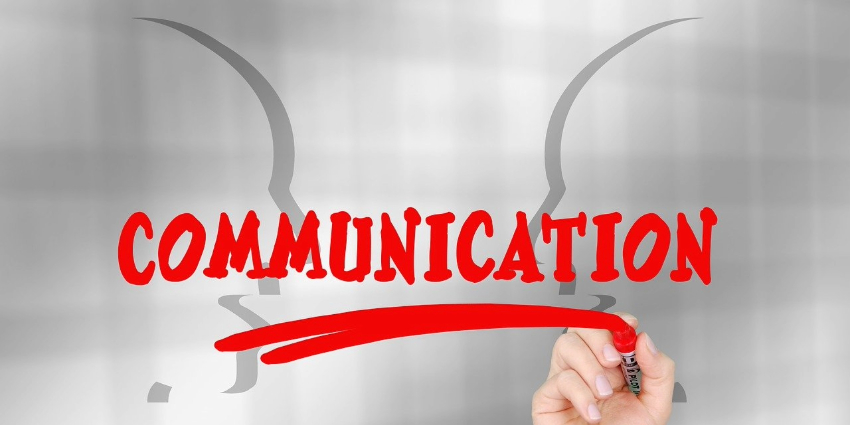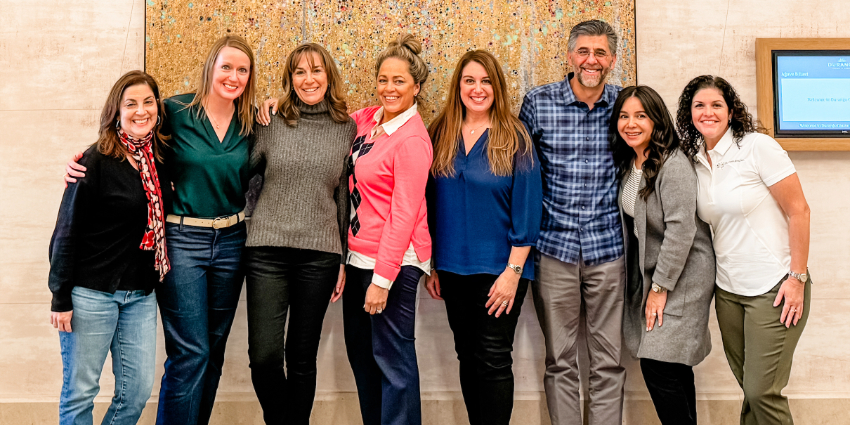One of the topics I’m frequently asked to speak on is Emotional Intelligence. Emotionally intelligent leaders are self-aware, they have the ability to self-manage and self-regulate, they build and foster relationships, and they are socially aware of their surroundings and the people within them. Qualities we all like to think we possess and qualities we like to see in those we follow.
Yes, there are amazing self-study tools out there like Holy Grail classics Emotional Intelligence 2.0 by Travis Bradberry and Jean Greaves and Emotional Intelligence: Why It Can Matter More than IQ by the Godfather of the discipline, Daniel Goleman.
Yes, these are great reads AND research shows you will only remember 20% of the content, at most, if you read them.
Yes, reading is great, discussing the concepts is better, AND practicing them is best.
When conducting Emotional Intelligence Assessments with clients, there is a category, within the Social Awareness portion of the assessment, where we often pause for discussion. The category is Situational Perceptual Awareness. Sounds heavy, but it’s really not so bad when we pull it apart.
Essentially, Situational Perceptual Awareness is the understanding that:
INTERPERSONAL DYNAMICS PROGRAM RELATIONSHIPS FOR SUCCESS OR FAILURE.
Woooh…read that line again.
The success or failure of ANY relationship we’re in is dependent on the interpersonal dynamics we have with one another and with our team. AND, if we are unsure of what those interpersonal dynamics are, or if the dynamics are unhealthy, we are programming our relationships to be unsuccessful. Full Stop.
Therefore, it’s important to periodically examine each situation separately to determine if you’re maintaining the healthy relationships you desire.
Ask yourself:
- Do you choose to be perceptive or do you choose to ignore signs and signals?
- Do you choose to adapt and be agile or do you choose to emphasize your points, until yours is the last point?
- Do you engage in conversations in order to find connections with others or do you tend to stick to a consistent pattern of conversation?
- Do you have a practice for increasing your repertoire of knowledge or do you frequent the same information outlets?
When you expand your awareness and access to information, whether it’s from people, your environment, or society, you increase your ability to connect with others.
Your perception and understanding of complex dynamics develop and you PROGRAM RELATIONSHIPS FOR SUCCESS.













